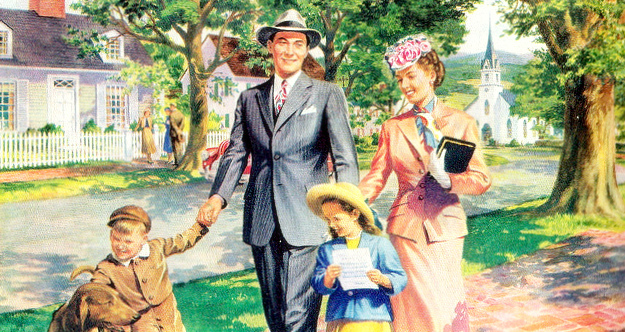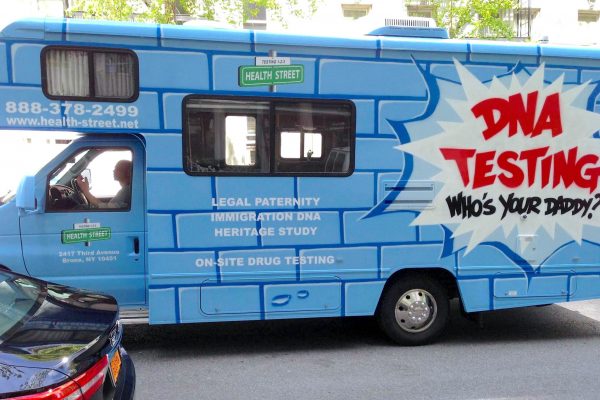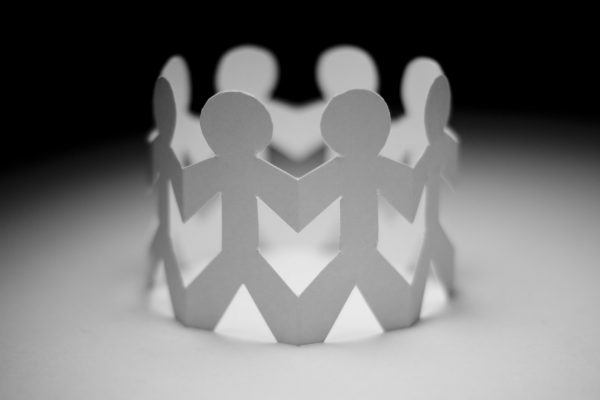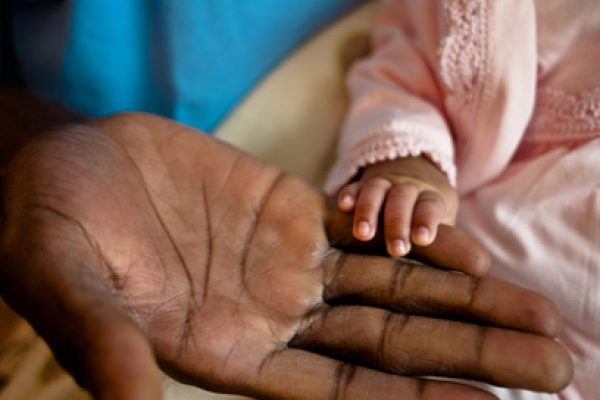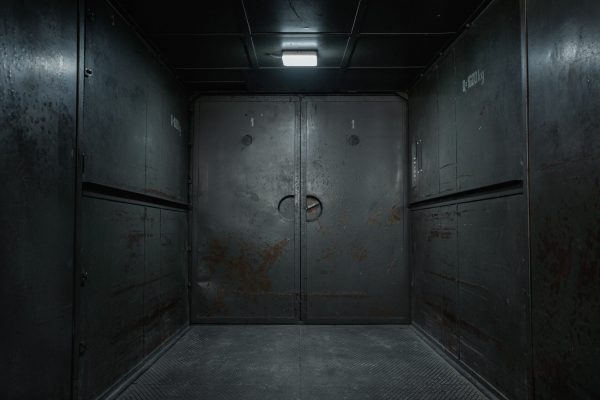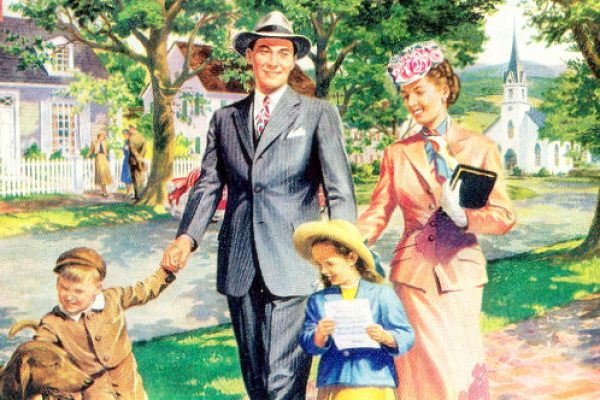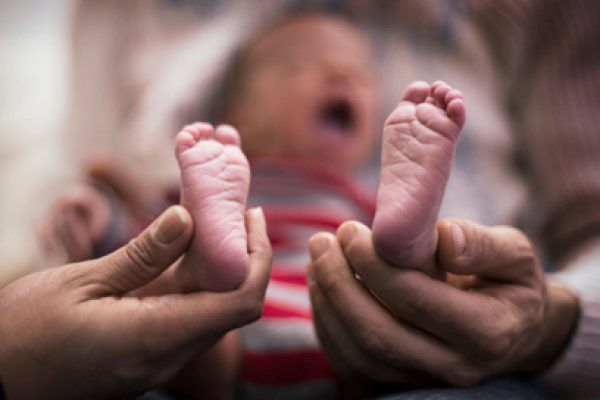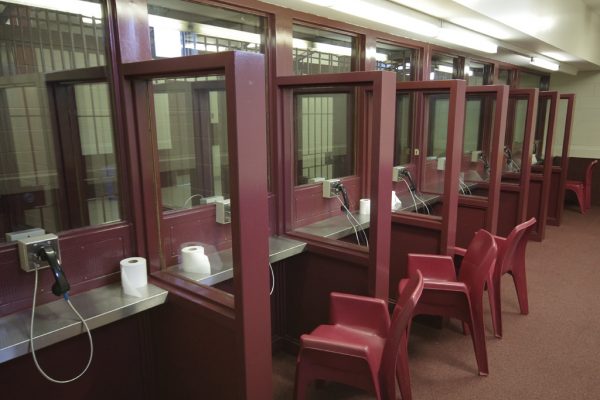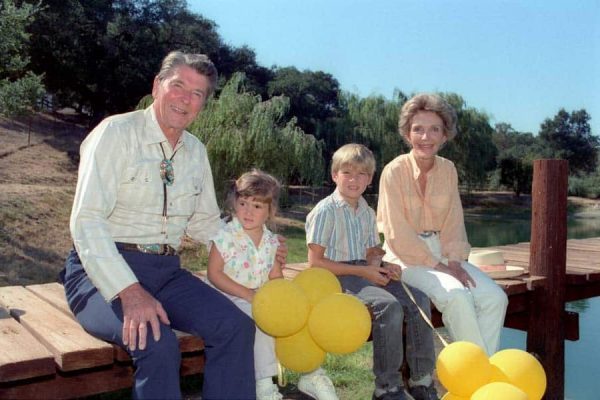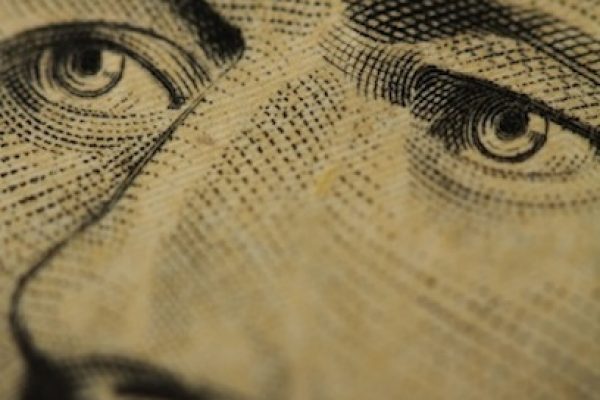Few symbols of authority trump fatherhood—just think of God, Oedipus, or the Founding Fathers. But fatherhood is more complex, fragile, and uncertain than our ubiquitous paternal metaphors suggest. For Father’s Day, we’ve compiled some of Boston Review’s best essays on the illusions, intricacies, and challenges of fatherhood.
Illusions about fatherhood begin with biology. In popular culture, testosterone is seen as a basic constituent of masculinity, but according to Anne Fausto-Sterling, this simplistic hormonal story has “troubling consequences.” The pervasive belief that testosterone “creates social structure” begets specious justifications of patriarchy based on bogus biology, she argues.
Indeed, biological paternity itself may fail to satisfy key historical and cultural criteria for fatherhood. As Nara Milanich notes, defining fatherhood in strictly genetic terms is a relatively recent development, reinforced by the rise of DNA testing. In the past, fatherhood “was defined in social and volitional terms: the father was the man who publicly and willingly performed this role before the community.” “Despite promising a golden age of certainty,” Milanich writes, “the dramatic advances of the DNA era have failed to resolve our longstanding cultural and legal uncertainty about what paternity is in the first place.”
Shifting the discussion from biological to political paternity, William Hogeland argues that liberal “originalists” should be more skeptical of the idea that the Founding Fathers created a constitution well-suited to the requirements of modern liberal democracy. “Our Whig-inspired founders feared broad democracy as much as they feared monarchy,” Hogeland writes. “More significantly, they wrote the U.S. Constitution in large part to defeat it.”
Elsewhere in this week’s reading list, Judith Levine examines the connection between paternal authority and “don’t say gay” laws; Stephanie Burt asks how poets have represented fatherhood; Walter Johnson reflects on guns, hunting, and rituals of father-son bonding; Essiah Ritchie talks frankly about the challenges of raising a neurodivergent son; Will Holub-Moorman grapples with the dueling injustices of family policing and the nuclear family; Mary Fainsod Katzenstein and Mary Lyndon Shanley discuss incarcerated fathers; and Melinda Cooper explains fathers’ role in dismantling the welfare state.
The meaning of fatherhood remains elusive, even in the age of DNA-based paternity testing.
Poetry is offering new candor about the ways men care for their children.
My son’s violent illness humbled my sense of control and transformed my understanding of what it means to parent.
A childhood steeped in guns shows that toxic masculinity and racism are at the heart of U.S. gun culture.
How neoliberals and conservatives came together to undo the welfare state.
Men's hormone levels correlate with their pregnant partners. Some men even experience morning sickness.
More than 1.5 million children currently have a parent in prison; for 94 percent of these children, that parent is the father.
“Don’t Say Gay” laws can be traced to the Reagan-era crusade to put “parents' rights” before the interests of children.
As soon as there was a Constitution, fights about its meaning began.
